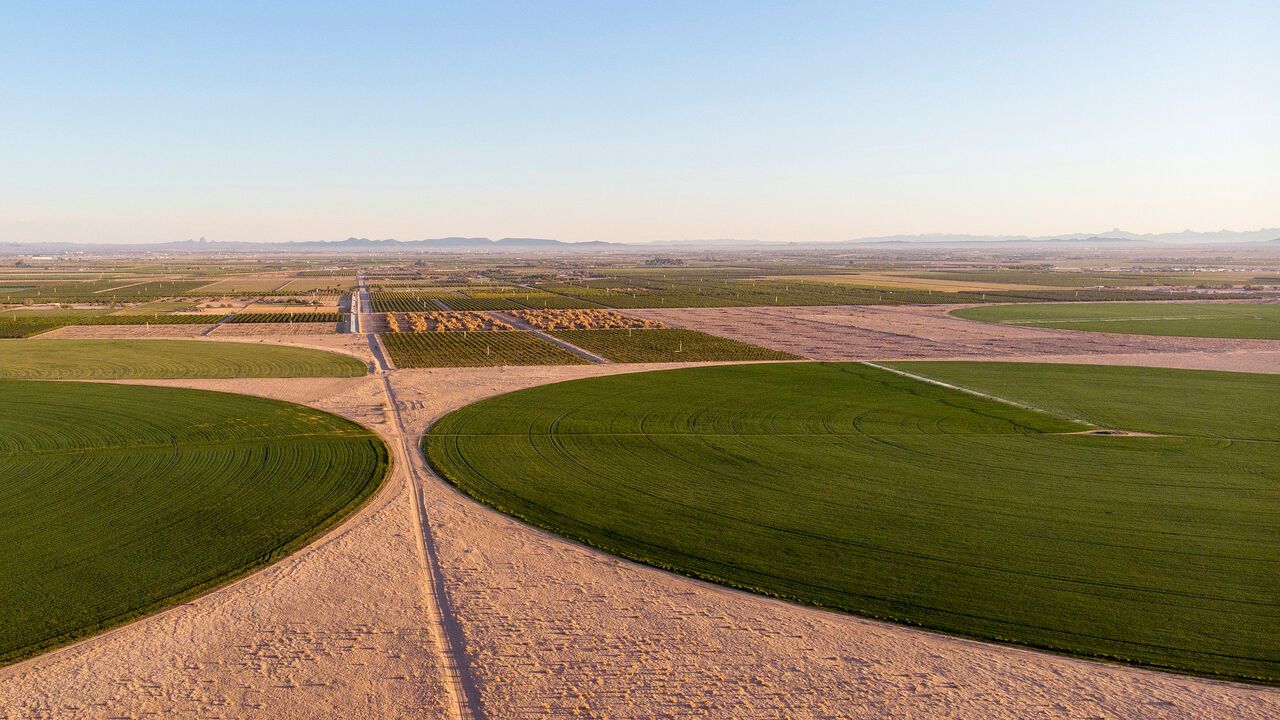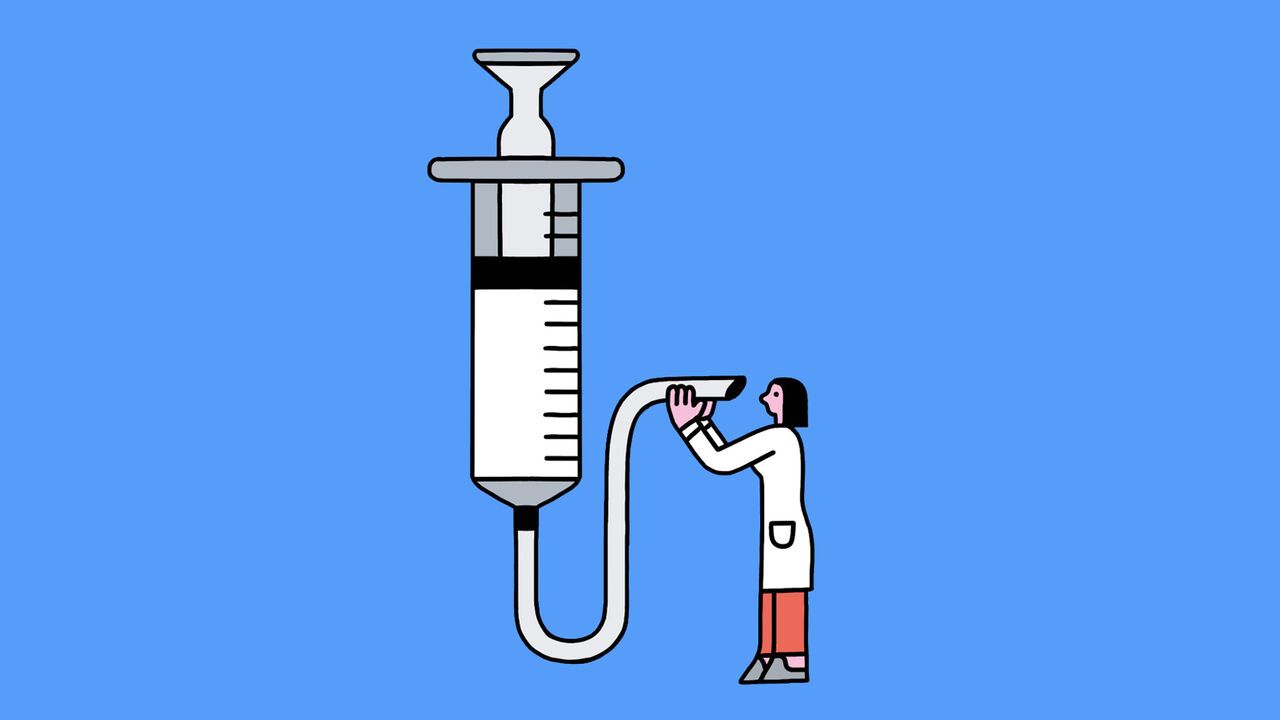Climate change will hurt the richest farmers—and the poorest
Even with realistic adaptation, crop yields will fall as temperatures rise

JUST HOW agriculture will fare on a heating planet has been an active area of research ever since the problem of global warming was first widely recognised in the 1980s. A new paper, published this week in Nature, paints an especially comprehensive picture. It is also a dispiriting one. In the first project to predict how farmers will adapt to climate change based on how they are doing so at present, the authors find that food production in the world’s existing breadbaskets, such as the American Midwest, will be among the hardest hit, although it may improve in currently less productive northerly regions such as Canada, China and Russia. And whereas adaptation will help offset some global losses, it will not be nearly enough to avoid them overall.
Explore more
This article appeared in the Science & technology section of the print edition under the headline “Climate change will hurt the richest farmers—and the poorest”

From the June 21st 2025 edition
Discover stories from this section and more in the list of contents
Explore the edition
An interstellar object is cruising through the solar system
Its appearance puts a new branch of astronomy to the test

RFK junior wants to ban an ingredient in vaccines. Is he right?
Studies show that thimerosal does more good than harm

AI is helping to design proteins from scratch
They could treat diseases, test drugs and boost crop yields
A new project aims to synthesise a human chromosome
The tools developed along the way could revolutionise medicine
How sea slugs give themselves superpowers
Their slimy shenanigans might have applications for humans, too
Is being bilingual good for your brain?
Perhaps. Learning languages offers other, more concrete benefits

